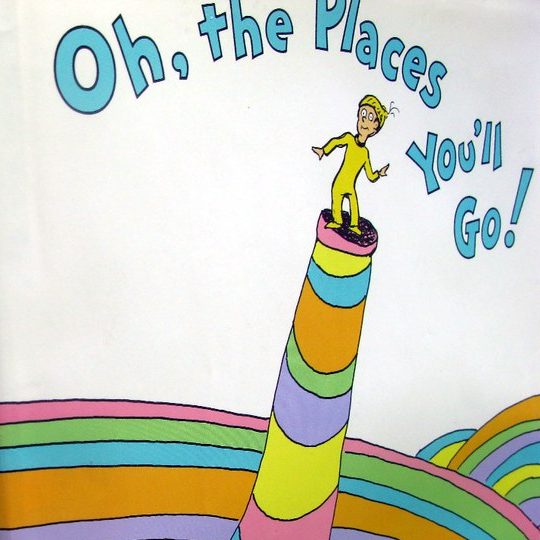Oftentimes people will ignore the benefits of reading, instead explaining that they don’t read because they are attending to more “interesting” things, or blame it on a short attention span. But to those points, I raise the question, doesn’t continuous practice not develop a muscle? In the same way, if someone reads more frequently, would their attention span not grow, along with an enjoyment of reading?
Those who don’t read often just haven’t found the right book for them, which can be a tedious task that even the most patient find strenuous. There are many good books, however, and in the same plane, rather bad books exist, although preference is subjective based on the tastes and interests of the reader. Despite it all, neglecting reading is inadvisable, for the positive results are worth the effort required to extract them.
According to an article by the National Library of Medicine, reading can generate a survival advantage because of the cognitive processes that are activated while doing the activity. The first process is called deep reading. Deep reading is described to be slow, immersive reading that draws the reader into the story, causing increased engagement by allowing, “the reader [to] draw connections to other parts of the material, find[ing] applications to the outside world, and ask questions about the content presented.”
In another study done by the National Library of Medicine, the idea of whether or not people who read books have a survival advantage over those who read other types of materials or those who do not read at all was explored. The participants of the experiment consisted of those belonging to the “Health and Retirement Study.” Their conclusion was that those who read books, compared to those who read only newspapers and magazines, had a considerably greater survival advantage. Compared to those who didn’t read books at all, book readers had a “4-month survival advantage at the point of 80% survival.” Not only that, but those who read books had a “20% reduction in risk of mortality over the 12 years of follow up compared to non-book readers.”
Additionally, in 2009 the University of Sussex did a study on methods to reduce stress. They found that listening to music reduced stress by 61%, and drinking tea or coffee reduced stress by 54%. However, when reading was tested as a stress reducer, in as little as six minutes stress was reduced by 68%.
After hearing such statistics, one would want to start reading more frequently, right? That’s where you would be wrong. According to an article by the National Endowment for the Arts, a 2022 survey by the U.S. Census Bureau found that “48.5 percent of adults reported having read at least one book in the past year, compared with 52.7 percent five years earlier, and 54.6 percent ten years earlier.”
This decrease in readers shows it is evident that a lot of people don’t wield reading in order to gain the advantages, even if that might be unwise. I, as an avid reader, would encourage anyone to start reading more often. If not for the health benefits, then for the fact that it’s simply fun. It’s sometimes nice to just relax and unwind with a fantasy world, or perhaps a slice of life, or even a thrilling mystery.
So, try picking up a book that sounds even remotely interesting. My personal recommendations, if you’re a fan of the fantasy genre, is the The Cruel Prince trilogy by Holly Black, or if you’re a fan of the realistic genre but still filled with action, then I recommend Thieves Gambit by Kayvion Lewis. See what happens when you read, and your health will thank you!























